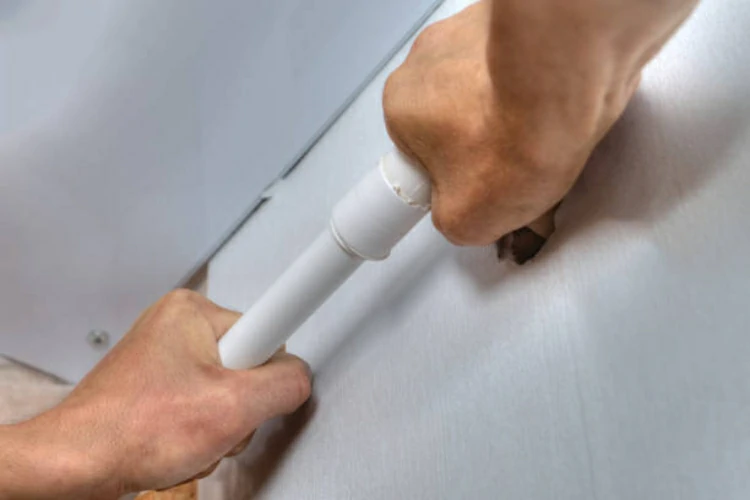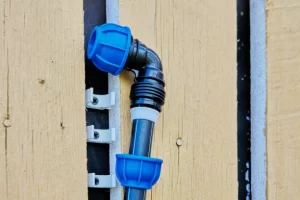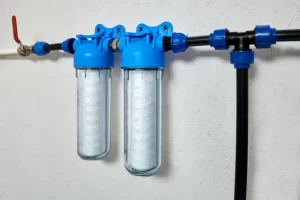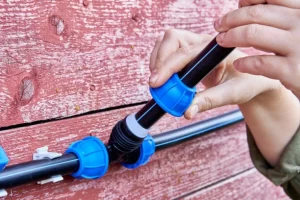Understanding UPVC Tubes
Introduction to UPVC Tubes
UPVC (unplasticized polyvinyl chloride) tubes are a type of rigid plastic pipe widely used in various industries and applications. Unlike traditional PVC pipes, UPVC tube are not softened with plasticizers during manufacturing, resulting in a more durable and rigid material.
Key Features of UPVC Tubes
Chemical Resistance:
UPVC tubes offer excellent resistance to a wide range of chemicals, acids, and alkalis, making them suitable for corrosive environments.
Durability:
With their non-corrosive and abrasion-resistant properties, UPVC tube have a long service life and require minimal maintenance.
Lightweight:
UPVC tubes are lightweight and easy to handle, transport, and install compared to metal pipes.
Cost-Effective:
UPVC tubes are generally more affordable than metal pipes, offering cost savings in material and installation expenses.
Comparative Analysis of UPVC Tubes with Other Piping Materials
UPVC vs. PVC
Material Composition:
Both UPVC and PVC pipes are made from polyvinyl chloride, but UPVC pipes are unplasticized, making them more rigid and durable.
Temperature Tolerance:
UPVC pipes have a higher temperature tolerance than PVC pipes, allowing them to withstand hot water applications.
Chemical Resistance:
UPVC pipes offer superior chemical resistance compared to PVC pipes, making them suitable for a wider range of applications.
UPVC vs. CPVC
Temperature Tolerance:
While both UPVC and CPVC pipes can handle higher temperatures than PVC pipes, CPVC pipes have a higher maximum temperature rating. Chemical
Resistance:
Both UPVC and CPVC pipes offer excellent chemical resistance, but CPVC pipes may be more suitable for applications involving harsh chemicals or high temperatures.
Installation:
UPVC pipes are typically easier to install than CPVC pipes due to their compatibility with solvent cement and simpler joining techniques.
UPVC vs. HDPE
Flexibility:
HDPE (high-density polyethylene) pipes are more flexible than UPVC pipes, making them suitable for applications requiring bends or curves.
Chemical Resistance:
UPVC pipes offer better resistance to certain chemicals and solvents compared to HDPE pipes, especially at higher temperatures.
Installation:
While both UPVC and HDPE pipes are easy to install, UPVC pipes may require additional support and fittings in certain applications due to their rigidity.
Conclusion: Choosing the Right Piping Material
UPVC tubes offer numerous advantages over other piping materials, including excellent chemical resistance, durability, lightweight design, and cost-effectiveness. However, the selection of the most suitable piping material depends on various factors, including the specific application requirements, budget constraints, and environmental considerations. By understanding the comparative analysis of UPVC tube with other piping materials, engineers, contractors, and homeowners can make informed decisions to ensure the successful implementation and long-term performance of piping systems.
IFAN is a Chinese manufacturer of plastic pipes, fittings and valves with 30 years of experience. If you are interested in IFAN copper fittings, copper valves, plastic pipes and fittings, please contact us. IFAN offers you a variety of standard pipes to meet your specific needs. Click below to learn more about IFAN’s wide range of affordable and cost-effective valve products and piping system related products.
We will reply your email or fax within 24 hours.
You can call us at any time if there is any question on our production.
For more information,pls visit our webside https://pipefittingpro.com/
Pls Mailto: [email protected]
Whatsapp: + 86 19857948982














Recent Comments